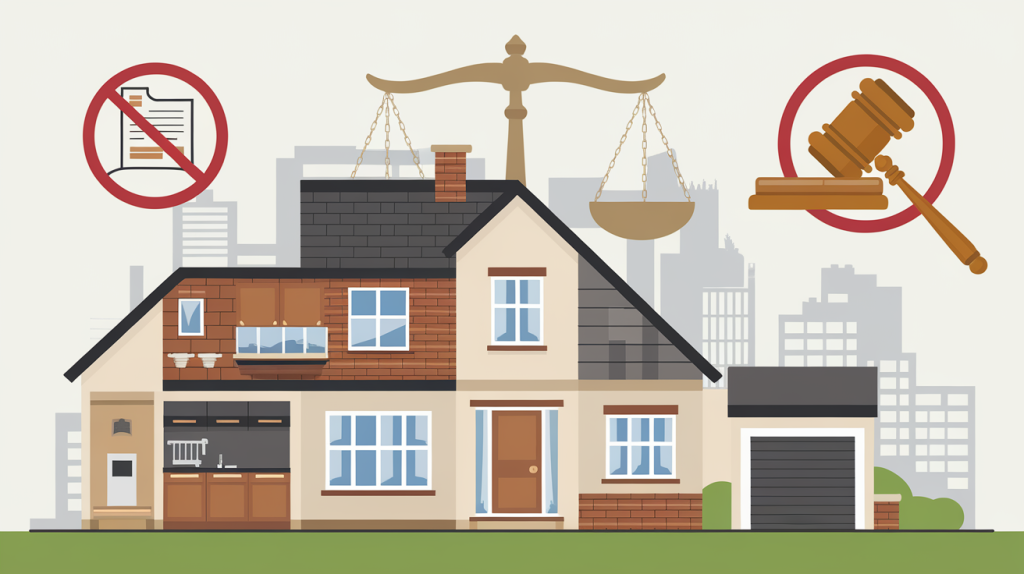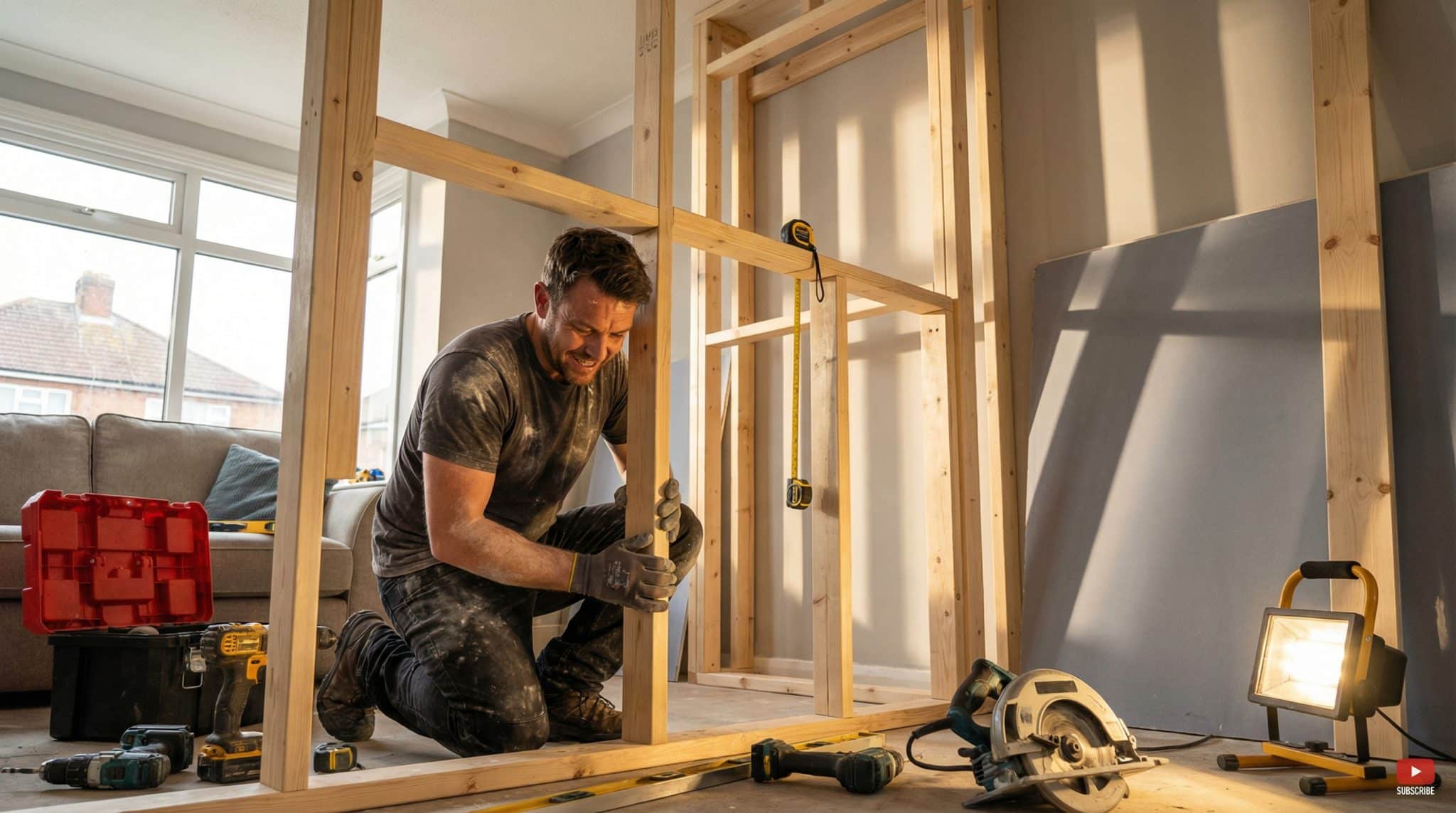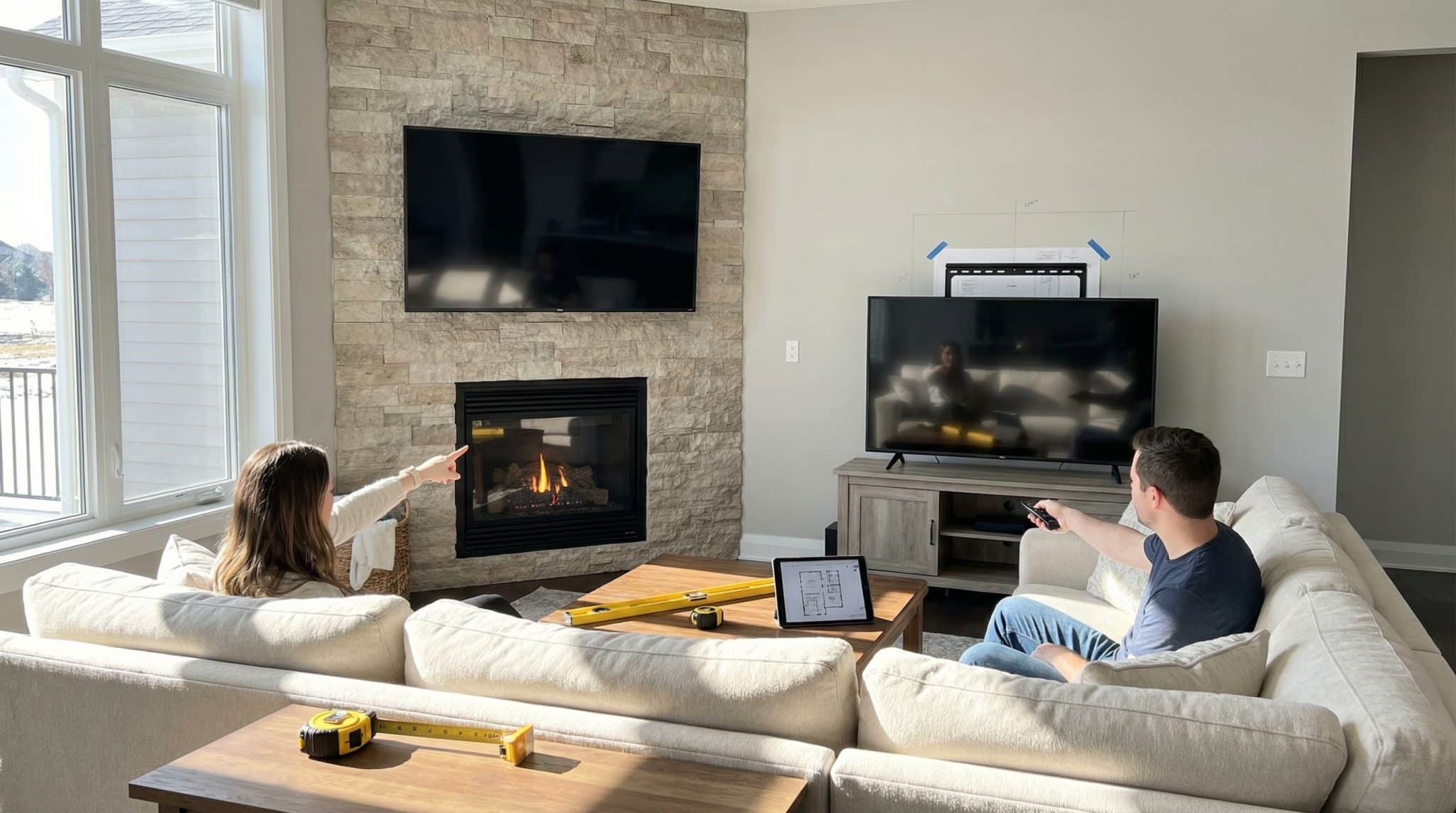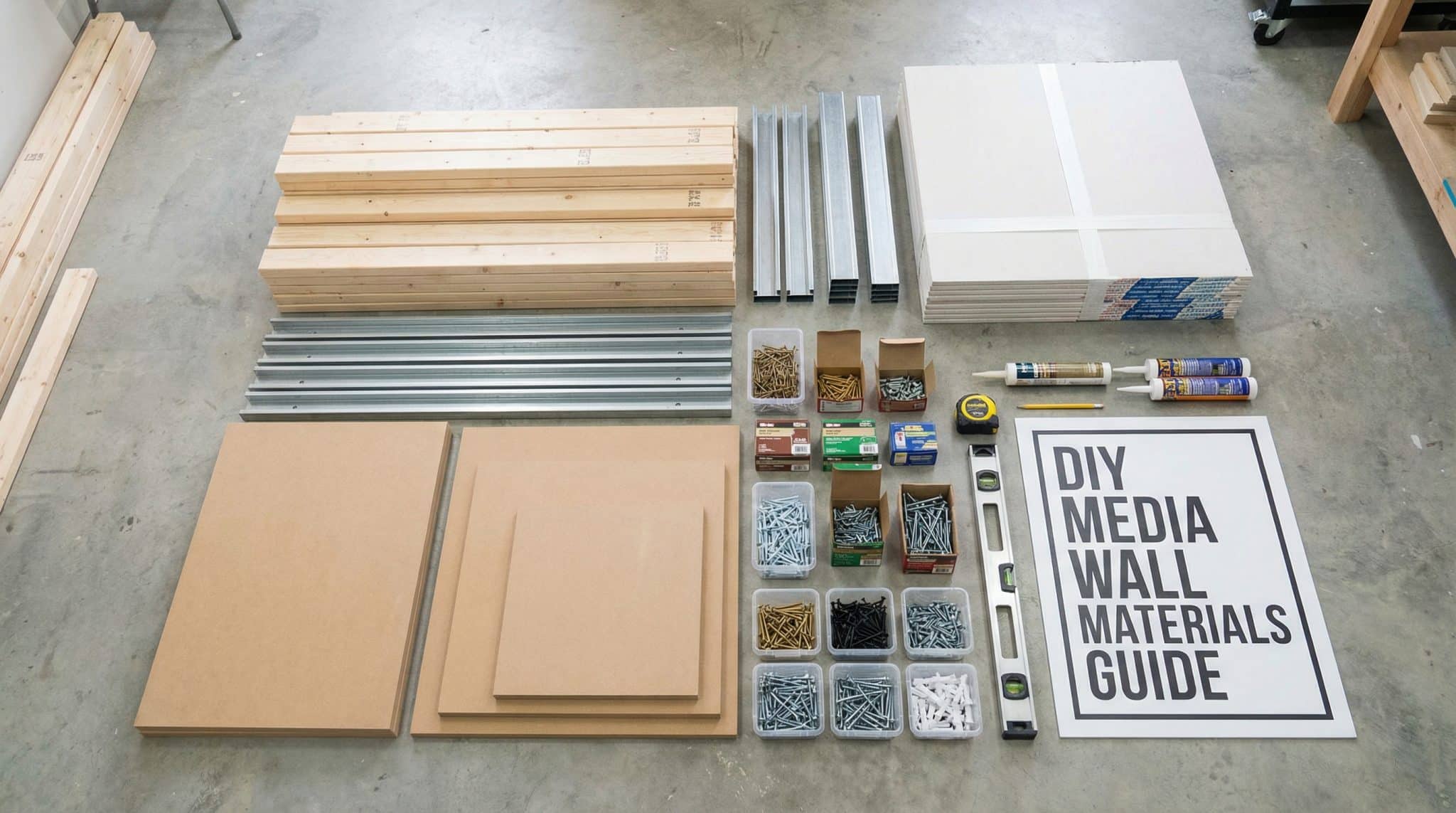I’ll bet you’ve heard of homeowner’s insurance before house hunting. Most first-time buyers have. However, what caught my attention is that this little-known policy could save you from legal nightmares that can cost thousands of dollars.
Here’s the thing: your dream home might be hiding expensive legal problems. Missing building permits, boundary disputes, or dodgy paperwork from previous owners can turn into costly court battles. I’ve seen buyers face enforcement action, neighbor lawsuits, and ownership challenges that drain their savings.
But there’s a simple solution most people overlook. Indemnity insurance serves as a legal shield, covering court costs and damages in the event of property-related issues. For a small one-time payment, you get lifetime protection against these hidden risks.
Let me show you exactly how this works and when you need it most.
What Is Indemnity Insurance?
Indemnity insurance protects homebuyers from costly legal issues associated with property problems. Think of it as a financial shield that steps in when legal troubles arise from defects in your property’s history or paperwork.
Indemnity insurance is a specialized type of policy that covers legal expenses and damages resulting from specific property issues. Unlike regular home insurance, which typically covers broken pipes or storm damage, this policy addresses legal disputes.
Here’s what it covers:
- Legal fees if someone challenges your property rights
- Court costs for defending your ownership
- Compensation payments if you lose a legal case
- Solicitor fees for handling property disputes
- Expert witness expenses
The policy works like a safety net. If legal issues pop up after you buy your home, the insurance company pays the bills instead of you.
Purpose: Financial Protection from Legal Defects
This insurance exists because property buying involves complex legal paperwork. Sometimes problems hide in old documents or missing records.
Common situations where you need protection
- Missing building permits for extensions
- Boundary disputes with neighbors
- Rights of way issues across your land
- Restrictive covenants that limit property use
When Should You Consider Indemnity Insurance?
Your property may conceal expensive legal issues. Savvy buyers spot these warning signs early and protect themselves with indemnity insurance.
1. Missing Planning Permission Creates Costly Problems
Previous owners sometimes build extensions, convert lofts, or modify properties without proper permits. This creates serious risks for new buyers.
Warning signs to look for
- Kitchen or bedroom extensions added after 1960
- Loft conversions without building control certificates
- Garages converted to living rooms
- Internal walls were removed without permission
How insurance helps: Covers all legal fees to defend against enforcement action. Pays for structural changes if the council wins.
Building regulation breaches cause similar problems. Unsafe electrical work, missing fire safety measures, or unauthorized structural modifications can result in costly enforcement.
2. Boundary Disputes Turn Neighbors Into Enemies
Property line disagreements are common and costly. Minor boundary errors can spark major legal battles.
Typical boundary problems
- Fences built on the wrong property line
- Neighbors are claiming parts of your garden
- Disputes over shared driveways or walls
- Confusion about property maintenance responsibilities
Restrictive covenants add extra risks. These outdated rules may prevent you from operating home businesses, making modifications, or using your property as you see fit. Breaking covenant rules triggers legal action from other property owners.
3. Missing Documents Create Ownership Uncertainty

Incomplete or lost property documents create serious legal risks. These problems often surface after you’ve already bought your home.
Common documentation issues
- Original title deeds lost or destroyed
- Missing signatures on property transfers
- Incomplete inheritance procedures
- Unresolved mortgage charges from previous owners
The dangerous consequences: You might struggle to sell your property later. Mortgage companies could refuse to lend. Distant relatives might challenge your ownership rights.
Types of Indemnity Insurance Policies Available
Different property risks need specific protection. Each type of indemnity insurance covers specific legal issues that could result in thousands of dollars in court fees and damages.
1. Planning Permission Indemnity
Protects you when previous owners built without proper permits. This policy covers legal costs if the council discovers unauthorized extensions, loft conversions, or structural changes.
It pays for defending enforcement action and covers required modifications if you lose. Common claims involve kitchen extensions, conservatories, garage conversions, and internal wall removal done without planning approval.
2. Building Regulations Indemnity
Covers construction work that didn’t meet safety standards or approval requirements. This insurance handles legal costs when building control discovers unapproved electrical work, plumbing changes, or structural modifications.
It protects against enforcement action for missing certificates, unsafe installations, or work that doesn’t meet current building codes. The policy covers the cost of bringing work up to standard if required.
3. Title Indemnity
Addresses ownership issues caused by missing documents or incomplete property transfers. This policy covers legal costs when someone challenges your right to own the property.
It handles disputes from lost title deeds, missing signatures on transfers, inheritance issues, or unresolved mortgage charges. The insurance pays for establishing clear ownership through court proceedings.
4. Restrictive Covenant Indemnity
Protects against breaking old property use rules that limit what you can do with your home. This coverage handles legal costs when other property owners enforce restrictive covenants.
It covers disputes about running businesses from home, making structural changes, keeping pets, or using land for prohibited purposes. The policy covers the costs of challenging covenant validity and provides compensation for damages if enforcement is successful.
5. Chancel Repair Liability Indemnity
Covers your obligation to pay for local church repairs based on historical property connections. This ancient law makes some property owners liable for maintaining their parish church chancel.
The insurance pays repair costs if the church claims your property. It also covers legal fees for disputing liability claims.
How Much Does it Cost for Indemnity Insurance?
Indemnity insurance costs can vary based on several factors, including the type of risk, property value, coverage amount, and other relevant factors. Understanding these factors helps ensure you’re prepared for the cost of this essential protection.
| Factor | Cost Range | Notes |
|---|---|---|
| Type of Risk Covered | $25 – $1,000 | Depends on the complexity of the issue |
| Basic Coverage Costs | $25 – $1,000 | Example: Planning permission, title defects |
| Property Value | Varies | Higher value = higher premium |
| Coverage Amount | $150,000 – $1M | Higher coverage = higher cost |
| Duration of Coverage | One-time or annual | Lifetime coverage typically lower upfront cost |
| Risk Complexity | Varies | More defects = higher premiums |
| Geographic Location | Varies | Areas with more disputes = higher premiums |
| Typical Cost | $200 – $600 | One-time payment for comprehensive coverage |
By evaluating these cost factors, you can make an informed decision about indemnity insurance, ensuring you protect your home investment while keeping expenses manageable.
How to Obtain Indemnity Insurance?

Getting indemnity insurance is straightforward once you know the right steps. You have three main options for securing this protection.
1. Through Your Conveyancer
Your property lawyer is usually the best starting point. Most conveyancers work with established insurance providers and can arrange coverage quickly during the house purchase process.
Why does this work well?
- They understand your specific property risks.
- Quotes can be obtained within 24-48 hours.
- Handle all paperwork as part of the purchase process.
- Often secure better rates through volume discounts.
Your conveyancer will identify which risks need coverage based on property searches and legal checks. They’ll recommend the right policy type and coverage amount for your situation.
2. Using Insurance Brokers
Specialist property insurance brokers offer another route to coverage. They compare policies from multiple insurers to find competitive rates.
Broker advantages
- Shop around different insurance companies.
- Explain policy differences in plain English.
- Handle complex or unusual property risks.
- Provide ongoing support after purchase.
Brokers work independently from your conveyancer, giving you more control over the insurance selection process.
3. Direct from Insurance Companies
You can also buy directly from insurers who offer indemnity policies. This option works best when you understand exactly what coverage you need.
Direct purchase benefits:
- Potentially lower costs without middleman fees.
- Faster processing for standard risks.
- Direct relationship with the insurance company.
- Online applications are available for simple cases.
Getting the best deal: Compare quotes from at least three different sources before making a decision. Prices can vary significantly between providers for identical coverage.
Conclusion
Indemnity insurance when buying a home isn’t just another policy to consider; it’s your financial lifeline against hidden legal landmines. From missing permits to boundary disputes with neighbors, these property issues can devastate your budget and peace of mind.
The smart move?
Get coverage before issues surface. For a few hundred dollars upfront, you’re protecting yourself from legal bills that easily reach tens of thousands. Your conveyancer can arrange this quickly, or you can shop around with brokers for the best rates.
Don’t let someone else’s past mistakes become your expensive problem. Talk to your property lawyer about indemnity insurance during your next home purchase. Your future self will thank you when that legal shield kicks in.
What property risks are you most concerned about in your home buying process?
















